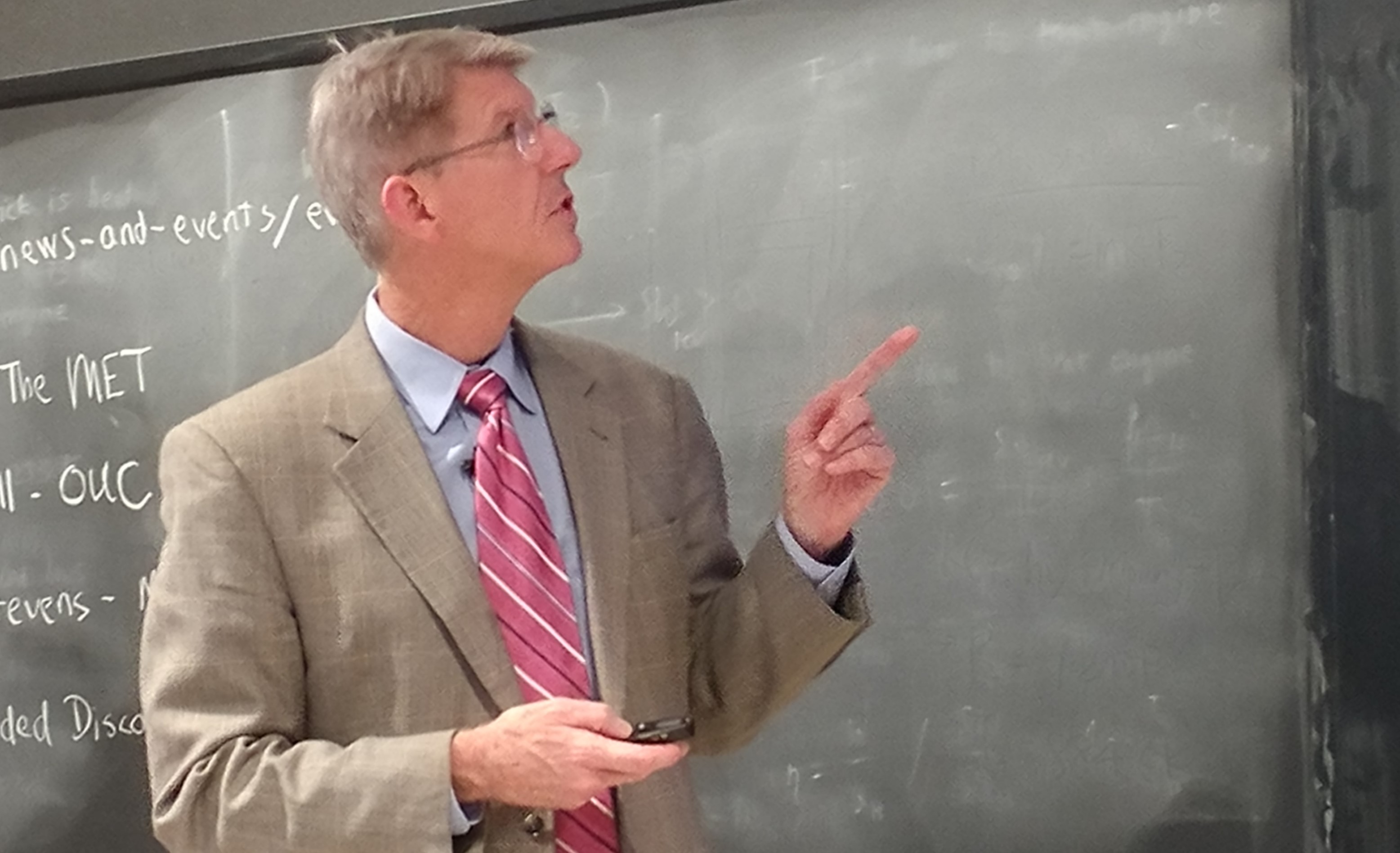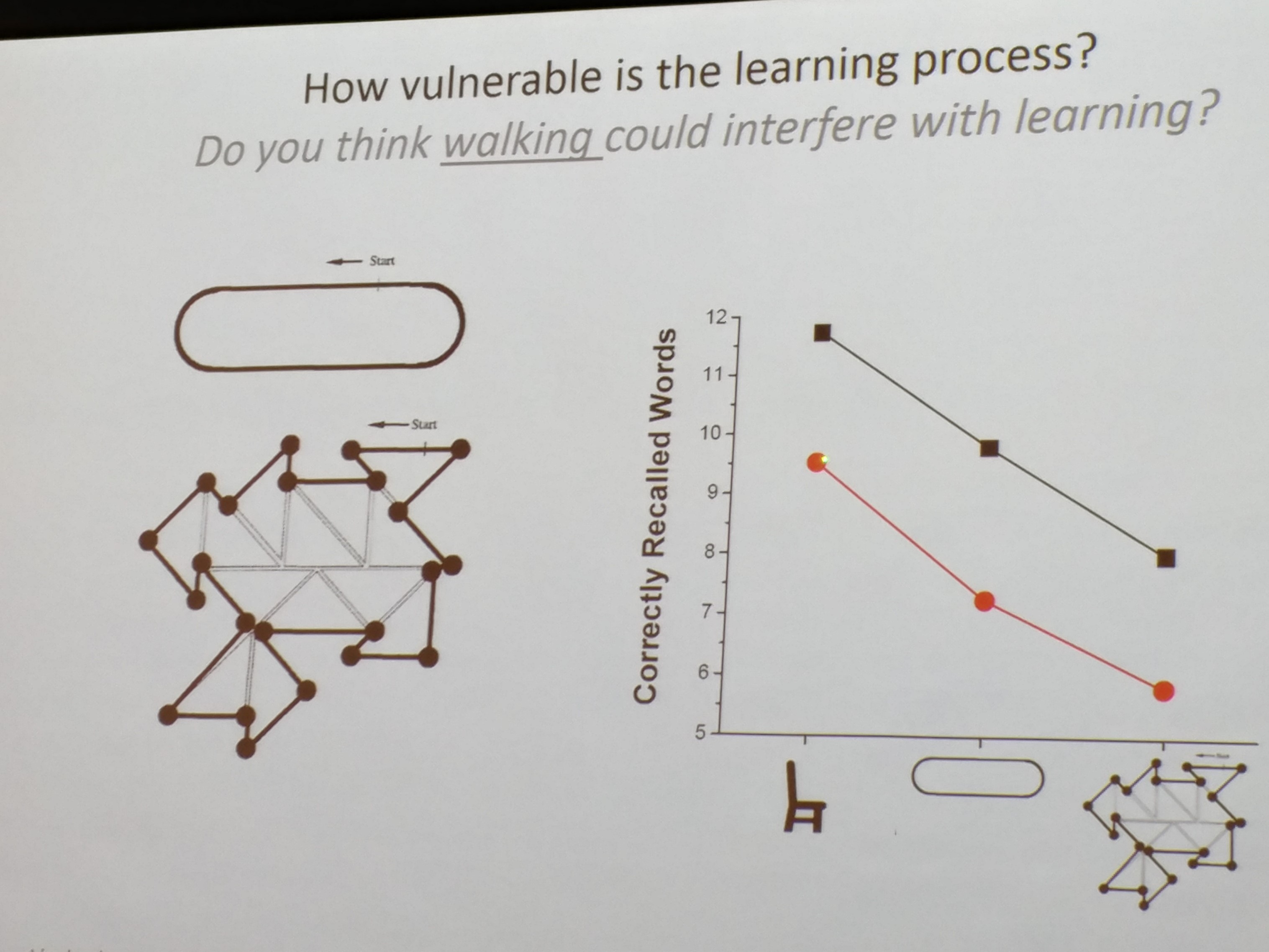
Dr Keith Baker spoke at MIT’s xTalks series, a series devoted to awareness, deep understanding, and transference of educational innovations. Dr. Baker reviewed with the MIT audience studies on how people learn and offered strategies that lead to better learning for adults.
Asked why he became so interested in the science of learning, Dr. Baker responded, “As a teacher I became mystified as to why students were not learning better.” He continued, “My goal as a teacher wasn’t to make them good, they were already good when they stepped into my classroom. My goal was to make them better than they were before they started the learning process.”
Dr. Baker explained that the feeling you know something is often very powerful and can sometimes lead to poor outcomes. He called this metacognition of learning and explained how dangerous it can be to the learning process. “Learners need to understand what their goals are after being challenged,” he said. For example some students will give up if something is too difficult, they are learners trying to validate ability, that is, prove that they can learn something and do well on tests. However, students who seek mastery in a subject are more willing to ask questions and to try harder. Students aren’t supposed to know everything, they are supposed to ask questions and absorb what they can.
“If I’m going to be a better teacher, I need to know the most effective way to teach,” Dr. Baker said. He mentioned research done that proves how vulnerable learning can be. One example included separating students into three groups, with the idea of testing whether something as simple as walking could inhibit learning. One group simply sat in a chair learning words, another walked a regular oval path while learning the same words, and the third group walked an abstract path again learning the same words. The outcomes were stunning. Those who were sitting scored nearly 20 percentage points higher than those walking the oval, and nearly thirty-five percent better than those on the abstract path. As demonstrated by the graph pictured, the older students (red line) didn’t fare much better.

Dr. Baker spoke also about retrieval and the brain’s ability to recall certain information over time. “The longer you space out recall and can still recall the initial information, the more you’ll remember.” At a certain point however, our brains reach a limit where we can no longer retrieve information readily, that’s the point at which you should stop inserting additional information.
Finally, he commented on failure and its importance to the learning process. “You have to have the mindset to address failure in the best possible light,” he said, “failing isn’t bad, it’s one of the more effective ways to learn.”
Keith Baker obtained his M.D., Ph.D. from Washington University. He is Vice Chair for Education in the Department of Anesthesiology at MGH. His peer-reviewed articles focus on evaluation and feedback, attributes of excellent clinical teachers, deliberate practice and the development of expertise, and the cognitive science of teaching and learning.